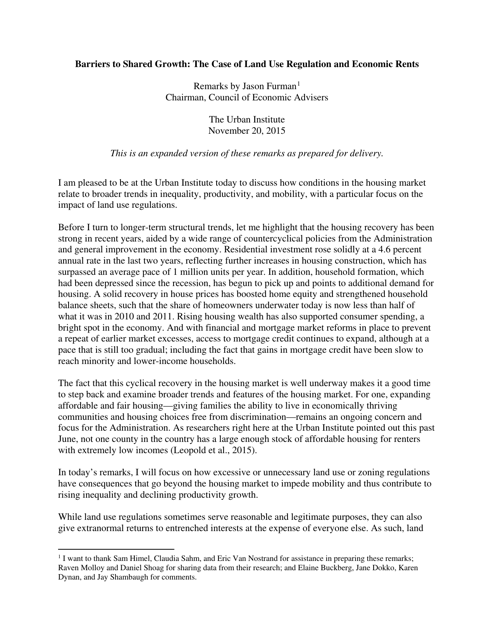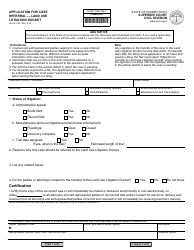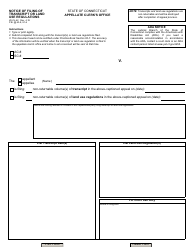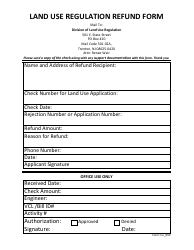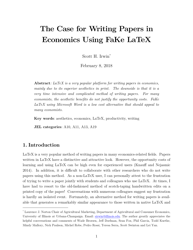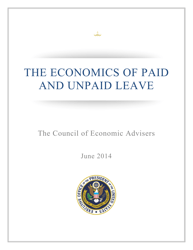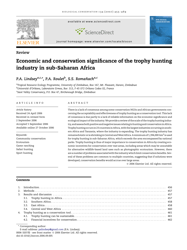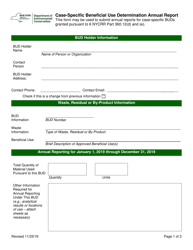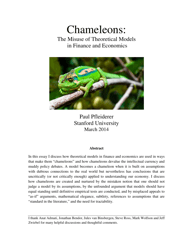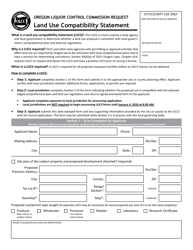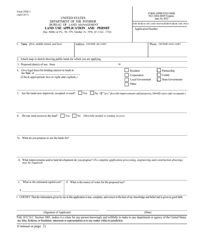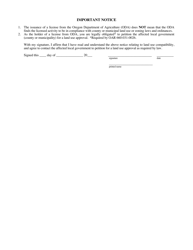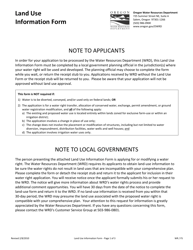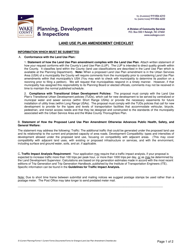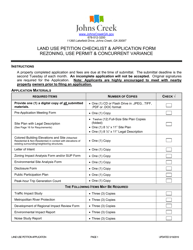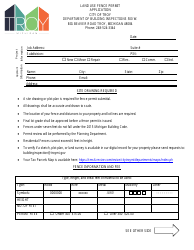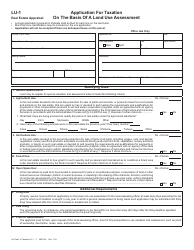Barriers to Shared Growth: the Case of Land Use Regulation and Economic Rents - the Urban Institute
The document "Barriers to Shared Growth: the Case of Land Use Regulation and Economic Rents" by the Urban Institute is a study that examines how land use regulations can hinder economic growth and create disparities in urban areas.
The report "Barriers to Shared Growth: the Case of Land Use Regulation and Economic Rents" was filed by the Urban Institute.
FAQ
Q: What is the document about?
A: The document is about the barriers to shared growth, focusing on land use regulation and economic rents.
Q: What is meant by shared growth?
A: Shared growth refers to an equitable distribution of economic opportunities and benefits across a population.
Q: What is land use regulation?
A: Land use regulation refers to government policies and regulations that control the use of land, such as zoning laws and building codes.
Q: What are economic rents?
A: Economic rents refer to the profits or income earned from owning or controlling a scarce resource, in this case, land.
Q: Why is land use regulation important?
A: Land use regulation is important for managing and shaping urban development, ensuring public safety, and promoting the efficient use of land.
Q: What are the barriers to shared growth discussed in the document?
A: The document focuses on land use regulation as a barrier to shared growth, specifically how it can lead to the concentration of economic rents and exacerbate economic inequality.
Q: How does land use regulation impact economic rents?
A: Land use regulation can restrict the supply of land available for development, leading to higher land prices and rents that primarily benefit property owners rather than the broader population.
Q: What are some potential solutions to address the barriers to shared growth?
A: The document suggests strategies such as zoning reforms, affordable housing policies, and inclusive planning processes to promote more equitable and sustainable urban development.
